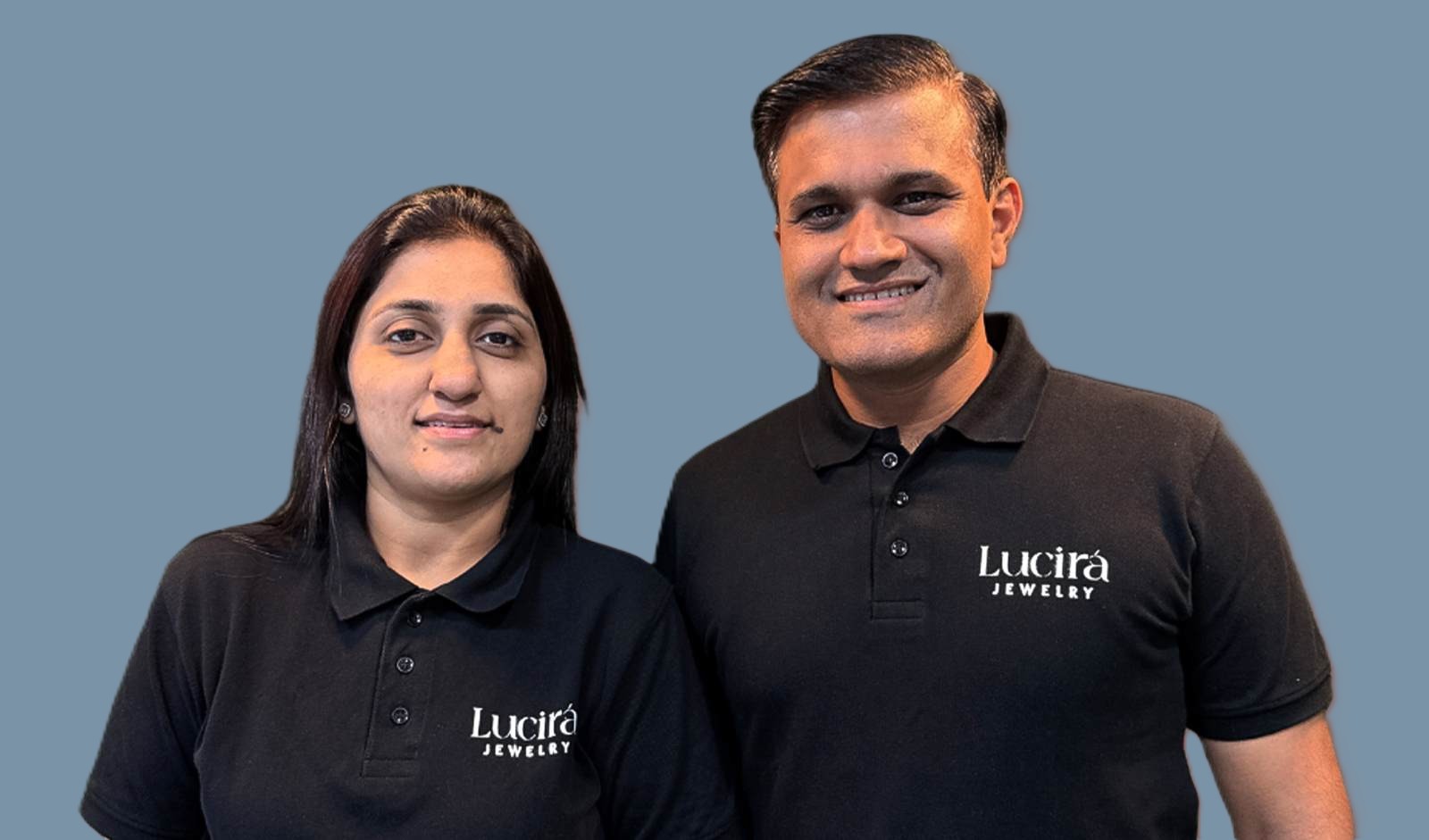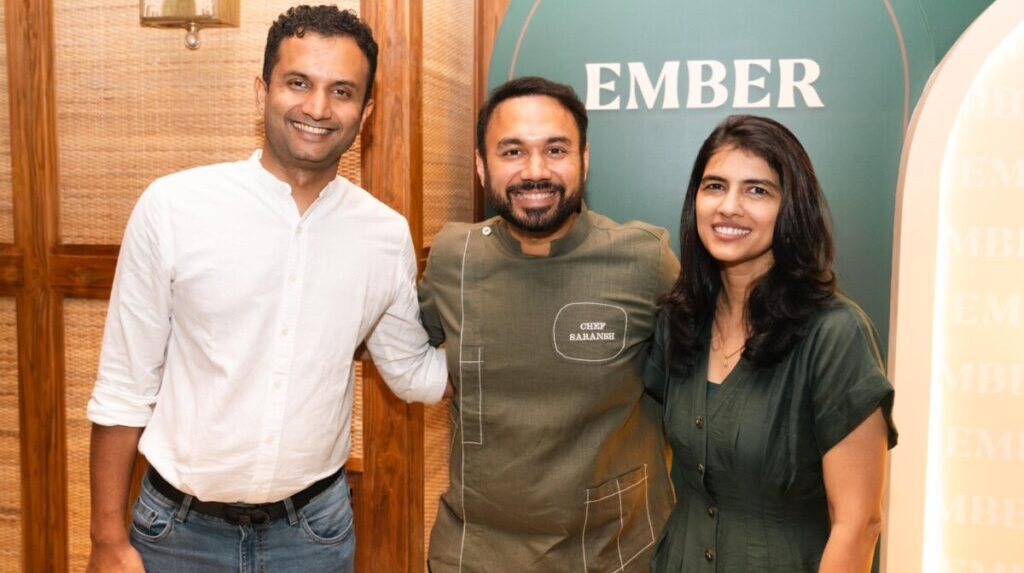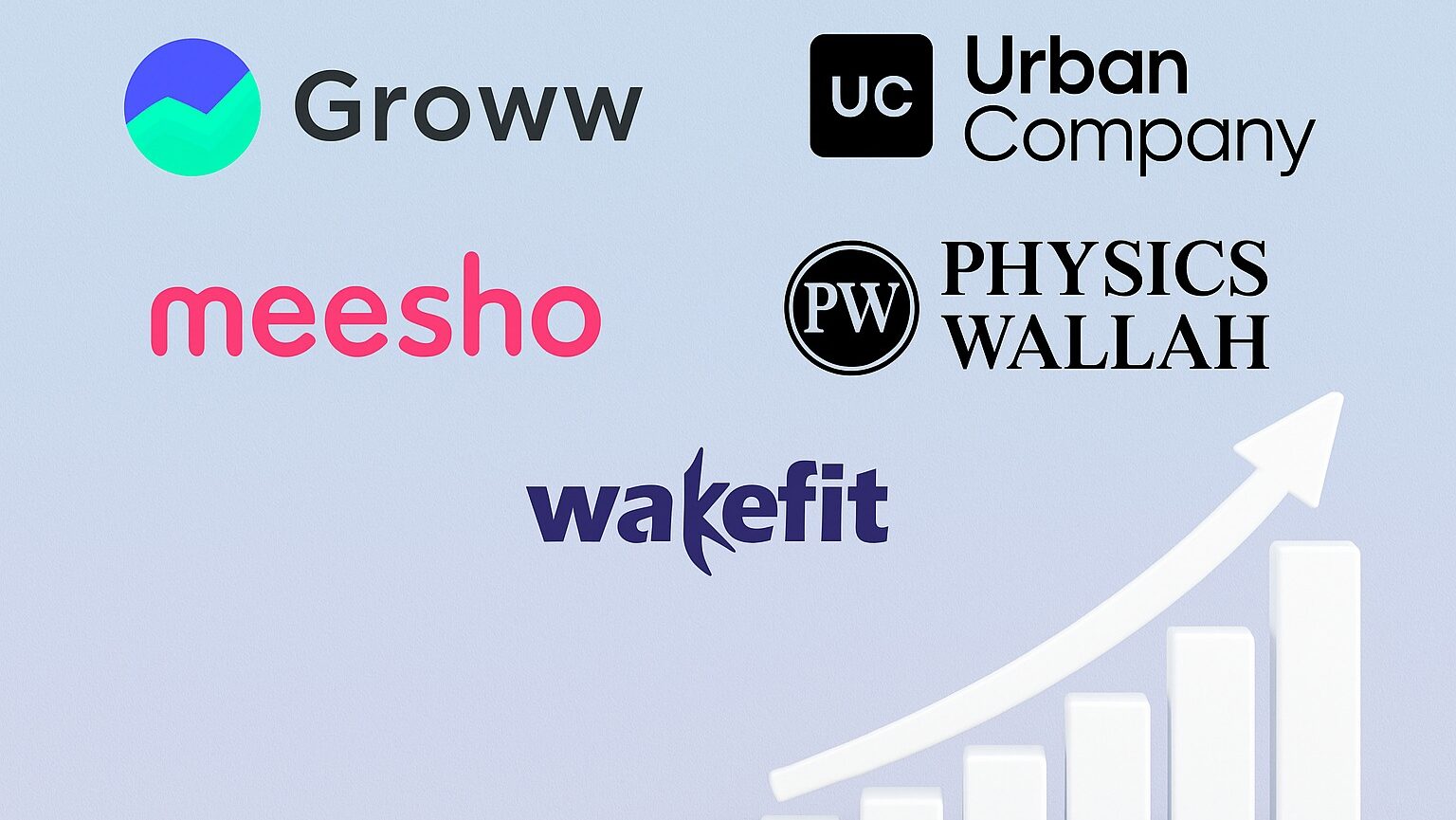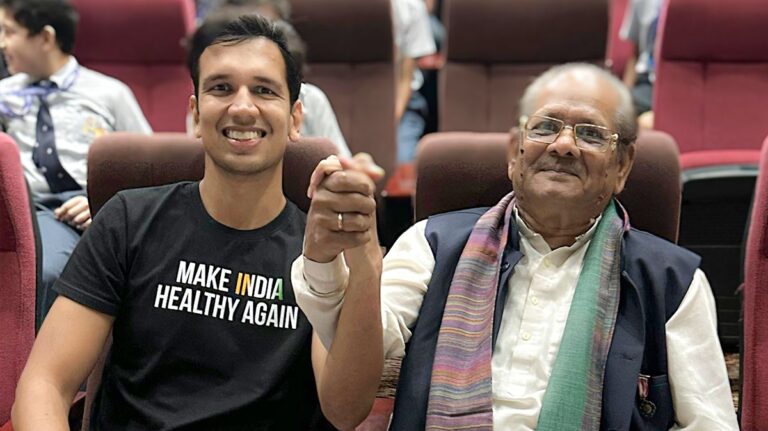In a blunt assessment of business education, entrepreneur Anupam Mittal has argued that most MBA programmes are “outdated,” urging early-career professionals to get their hands dirty building products instead of chasing credentials. In a social post, Mittal, who also notes he holds an MBA himself, frames the modern career fast-track not around case studies but around the messy, political, and creative reality of shipping things that customers actually want.

The core message by Anupam Mittal: learn by building
Mittal’s central claim is straightforward: the best training ground for anyone who wants to accelerate a career or eventually run a company is product work. He points to his own start as a Product Manager and contrasts classroom frameworks with the daily practice of making trade-offs, aligning stakeholders, and delivering outcomes.
“Case studies and frameworks are nice,” he writes, but they don’t teach you how to:
- question the status quo
- build deep empathy for customers
- pursue global optima, not local wins
- align conflicting stakeholders
- influence without authority
That list, in his telling, is the unglamorous skill-stack that turns builders into leaders.
A builder’s life, not a classroom simulation
Mittal describes product work as a microcosm of real life: “messy, political, creative, analytical, all at once.” Early stints in product, he says, hardwire habits that compound over time, synthesising data, telling convincing stories, working backwards from a clear end-state, and playing long games. Those muscles, he argues, are what helped him build companies; the three-letter degree, while present on his résumé, was not the difference-maker.
The advice to the young: pick a builder track
When asked what to do early in a career, Mittal’s answer is unambiguous: don’t default to an MBA, build. He broadens “builder” beyond software, offering a buffet of starting points:
- Product Manager
- Product Engineer
- Product Designer
- AI Builder
- Hardware Designer
- Robotics Engineer
- Toy Designer
The throughline is less about the title and more about proximity to creation, iteration, and customers.
The bigger claim: who leads the 21st century
Mittal’s post ends on a provocation: the future won’t be led by “consultants with slides,” but by builders who can also tell great stories. In other words, narrative skills matter, but they’re in service of products that work in the world, not as a substitute for them.
The caveat: if you must do an MBA…
There is one guardrail in his take. If someone is determined to pursue an MBA, he advises choosing a Tier-1 school. Otherwise, he suggests you may be better off spending those months learning how to build with AI, another nod to hands-on capability over credentialism.
Why this resonates?
Mittal’s perspective taps a familiar tension in business circles: the gap between simulated decision-making and the consequences of shipping in the wild. His emphasis on customer empathy, cross-functional alignment, and influencing without authority reflects what most early-career roles actually demand but many curricula often sidestep.
For Anupam Mittal, the fast lane isn’t a lecture hall; it’s the product room. His counsel to young professionals is crisp: if you want leverage, become a builder and make sure you can tell the story of what you’ve built. If an MBA is non-negotiable, aim high. Otherwise, put your head down and make something people love.
Also Read: How Pustakwale Turned a Truck Into 1,500+ Book Fairs
























